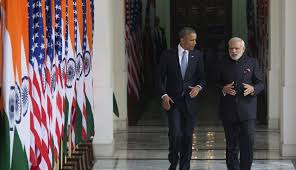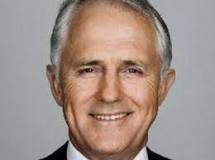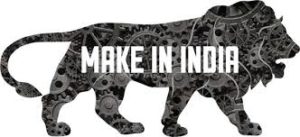 India’s privately owned banks are extending new loans faster than their state-run rivals for the first time ever, as government lenders struggle to bring surging bad loans under control.
India’s privately owned banks are extending new loans faster than their state-run rivals for the first time ever, as government lenders struggle to bring surging bad loans under control.
New credit from private lenders amounted to Rs.3,50,000 crore ($52.4 billion) in the year to 31 March, taking their outstanding advances to Rs.17,90,000 crore, while state banks’ loans grew Rs.2,00,000 crore to Rs.51,20,000 crore, according to a finance ministry document, a copy of which was reviewed by Bloomberg News. Finance ministry spokesman D.S. Malik didn’t respond to two calls to his mobile phone on Tuesday seeking comment.
The stressed-loan ratio for state banks climbed to a 16-year high of 14.34% in the year through March, according to the document. Surging delinquent loans and inadequate risk buffers at India’s government-controlled lenders, which account for more than 70% of loans in the nation’s banking system, have been hindering Prime Minister Narendra Modi’s attempts to revive credit growth in Asia’s third-largest economy.
“Private sector banks will continue to take away market share from state-run banks in coming years,” Siddharth Purohit, a Mumbai-based analyst at Angel Broking Ltd., said by phone. “With limited capital and high bad loans, most state-run banks are not in a position to focus on loan growth.”
The private-sector banks’ faster loan growth is in line with a May 2014 estimate from a central bank-appointed committee, which predicted that the lenders’ share of total Indian banking assets will rise to 32% by 2025, from 12.3% in 2000.
Capital constraints.
Modi needs to revive bank lending as he strives to maintain the fastest growth rate among the world’s major economies. Indian credit grew 9.8% in the 12 months through 13 May, compared with an average of about 14% over the last five years, fortnightly central bank data compiled by Bloomberg show.
Timely capital infusions into constrained public sector banks will aid credit flow, the Reserve Bank of India (RBI) said in its monetary policy statement on Tuesday. Rules requiring government stakes of at least 51% have curtailed state banks’ ability to sell shares, while an audit of loan books by the RBI uncovered more soured debt, making them less capitalized than privately-owned lenders.
While some investors had anticipated the six-month-long central-bank audit, which ended on 31 March, to result in higher non-performing-asset (NPA) disclosures, the scale of losses and statements from bank executives highlighting the uncertain outlook for bad debt have surprised analysts. Thirteen state-owned lenders reported combined losses of Rs.18,000 crore for the year to March, finance ministry data shows.
Government lenders are the worst performers this year on the S&P BSE India Bankex Index, led by Punjab National Bank’s 32% slump and State Bank of India’s 6.4% drop. The gauge has gained 6.1% this year. Bloomberg





